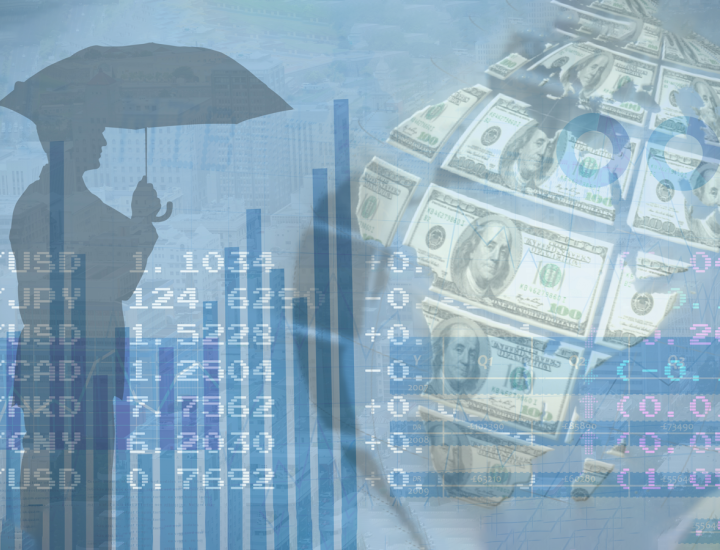Economic Crimes: The Hidden Threat to the Stability of Nations
Economic Crimes: The Hidden Threat to the Stability of Nations
Economic crimes are among the most dangerous phenomena that threaten the financial and political stability of countries, as they directly impact the performance of the national economy and weaken trust in official institutions. These crimes range from financial corruption, fraud, money laundering, to market manipulation, making their prevention an urgent necessity to ensure a sound and sustainable economic environment. In this context, governments are working to establish strict legislation and enhance oversight to ensure transparency in financial transactions and limit the spread of these crimes, thereby protecting national stability.
Types of Economic Crimes
Economic crimes encompass a wide range of illegal activities aimed at achieving unlawful gains at the expense of the national economy. Some of the most prominent of these crimes include:
Administrative Corruption: This involves some officials exploiting their positions for personal gain through bribery or embezzlement, leading to the waste of public funds and eroding public trust in the government.
Financial Fraud: This includes market manipulation, contract forgery, and deceiving investors to achieve unlawful profits. It is considered one of the most dangerous economic crimes due to its direct impact on market stability.
Money Laundering: This is the process of converting funds obtained from illegal activities into assets that appear legitimate, facilitating the financing of criminal activities such as terrorism and illicit trade.
Impact of Economic Crimes on the Economy
Economic crimes have severe negative effects on the national economy, including:
Negative Impact on Investments: Investors lose trust in the business environment when corruption and fraud are prevalent, leading them to withdraw their investments, which results in slower economic growth and higher unemployment rates.
Fluctuations in Financial Markets: Market manipulation and money laundering lead to disruptions in the national currency's value, raising inflation rates and negatively affecting citizens' purchasing power.
Weak Economic Growth: The prevalence of these crimes hampers the development of the economy and creates an unstable financial environment.
Impact of Economic Crimes on Political and Social Stability
The effects of economic crimes go beyond the financial sector, affecting political and social stability. When corruption spreads and financial oversight weakens, public trust in the government and institutions erodes, leading to feelings of frustration and dissatisfaction. This, in turn, opens the door to protests and political unrest. Furthermore, the spread of financial fraud and money laundering can directly affect national security, as these illicit funds are used to finance criminal and terrorist activities.
Legal Efforts to Combat Economic Crimes
Combating economic crimes requires the adoption of strict legal frameworks and advanced oversight mechanisms to ensure their limitation. Countries rely on:
Anti-Corruption Legislation: Special laws are enacted to combat corruption and financial fraud, with severe penalties for those involved in such activities.
Enhancing Transparency: Regulatory authorities work to enhance transparency in financial transactions by monitoring bank transfers and tracking suspicious activities, aiming to uncover money laundering operations before they impact the economy.
International Cooperation: Bilateral agreements between countries and international organizations play an essential role in exchanging information and cooperating in tracking down economic crime offenders, ensuring they do not escape justice.
Economic crimes represent a serious threat to the stability of nations from all economic, political, and social perspectives. Therefore, adopting strict strategies to combat these crimes and enhancing transparency in financial transactions is crucial to ensuring a stable and fair economic environment. Additionally, cooperation between governments and international institutions in combating corruption and money laundering is fundamental to protecting the global economy from the negative repercussions of these crimes.
Like it? Share it.

No comments yet, your opinion matters!
Be the first to share your thoughts and kickstart the conversation. We can’t wait to hear what you think!